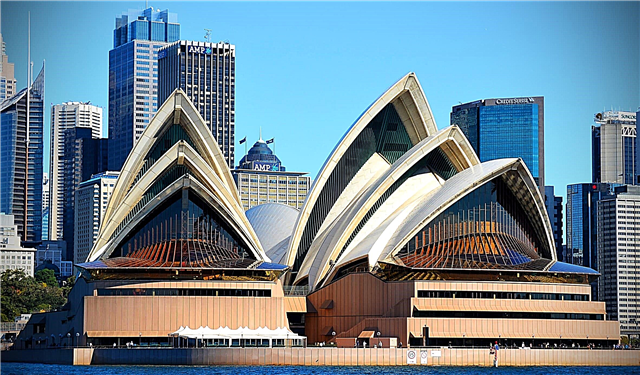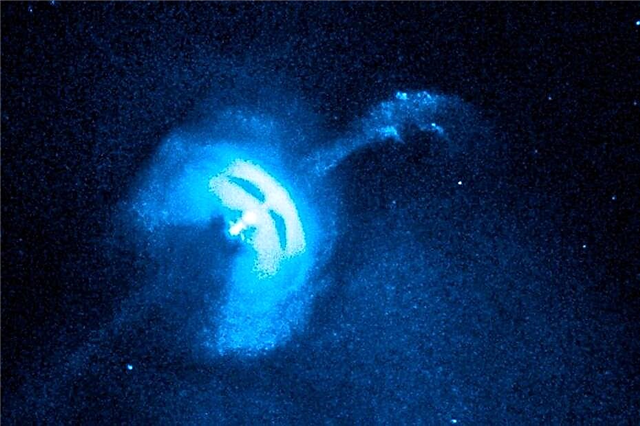
The winged expression "money does not smell" belongs to the Roman emperor Vespasian, who ruled from 69 to 79 years. For centuries, year after year, they “polished” this phrase, giving it the meaning that it carries in itself now.
History of expression
Together with the power of Titus, Flavius Vespasian received a country devastated by a long civil war. The new emperor needed to restore the financial situation of Rome, and as soon as possible. He was sure that a good goal justifies any means, and therefore, first of all, he increased the taxes existing in the country and introduced new ones.

One such tax is the use of a public toilet. Due to the fact that such buildings were built of marble, they looked very rich and presentable, not everyone could visit here. However, the main burden of the tax fell not on visitors, but on laundry dyes that used liquid human products in their work. It was considered not a shameful product, but a very useful raw material. The essence of this, however, does not change.
Once the heir to the emperor Titus, annoyed by unflattering talk about his father, came to the ruler and reproached him for the unworthy tax. Vespasian asked his son to smell the money and asked if they smell. Having received a negative answer, the emperor said: "Money does not smell."
Despite popular discontent, the tax fulfilled its purpose and replenished the state treasury.
Interesting fact: it should be taken into account that in ancient Rome “latrins” (toilets) were intended not only for the natural needs of the body. Any screens and partitions were absent here, and the whole process took place right in front of everyone present. True, few people were embarrassed. It was in the public restroom that one could make useful contacts, discuss pressing problems, and receive the long-awaited invitation to dinner at a wealthy house. For this reason, people often did not come here just to relieve themselves.

What does a catch phrase mean?
In the modern sense, the winged expression "money does not smell" is used only in a figurative meaning. If money generates income, it does not matter how they are earned. Usually the phrase has a disapproving connotation. People call the means obtained in a dubious way dirty. However, this expression is to the liking of those who do not shun anything for personal gain.
This is an international expression
In Latin, this phrase sounds like “Pecunia non olet”. Although the Latin language is not a language of communication, it is a real storehouse of ancient Roman wisdom. Therefore, it is not surprising that the famous phrase of Vespasian is known not only to the Russian-speaking population. Europeans also use this phrase.
Interesting fact: the famous tax of Titus Flavius Vespasian is not the only one in the history of absurd and absurd payments. The Byzantine air tax is akin to the plot of the tale of Cipollino, whose heroes found themselves in the same situation.Or, suppose, a tax on windows in Holland, forcing people to lay all the window openings in the house with a brick. You can recall the Venetian tax on the shadow, which suffered the owners of street cafes.
The expression of the Roman emperor Vespasian “money does not smell” is associated with his desire to earn money on people visiting public toilets. The phrase is now used to denote the unseemly way of easy money and has an disapproving meaning. Analogs of expression are found in all European languages of Latin origin.












